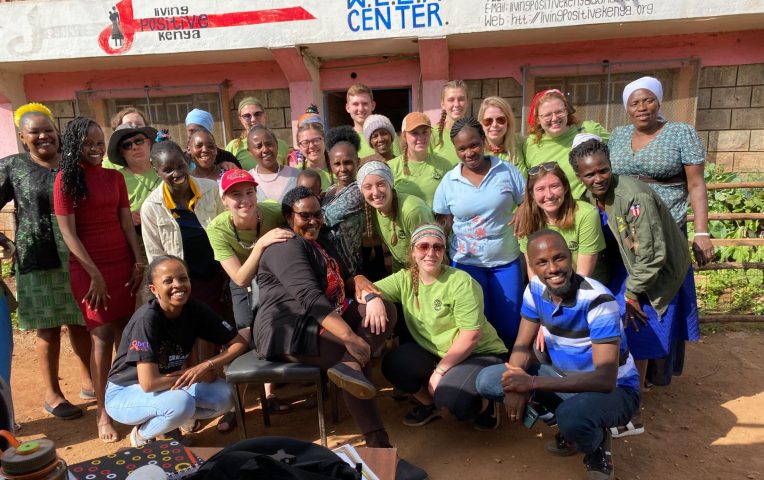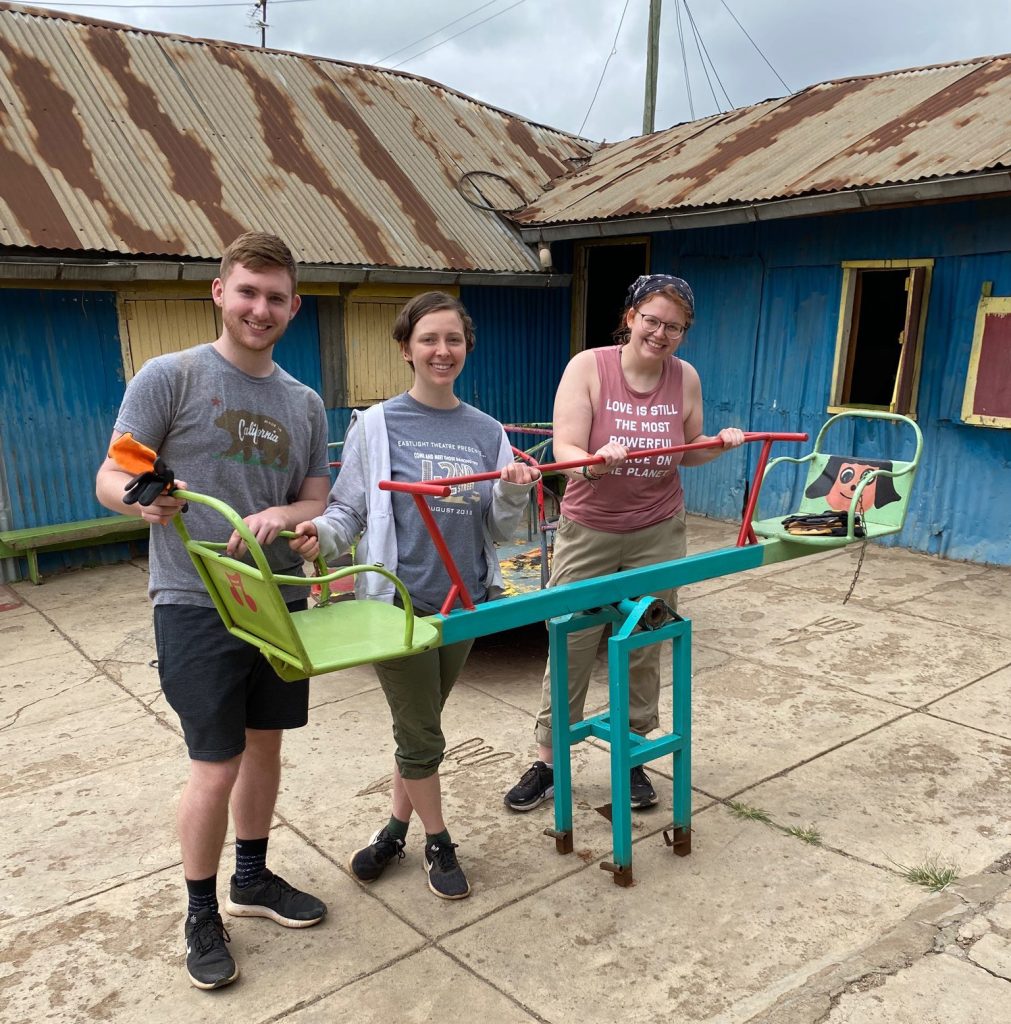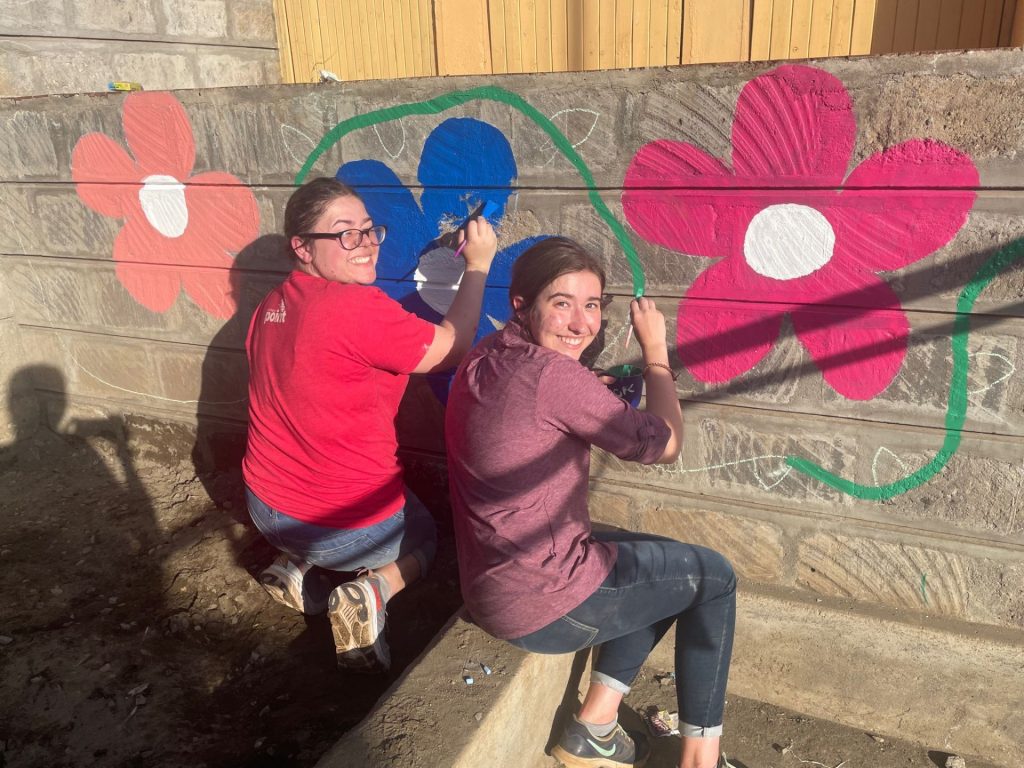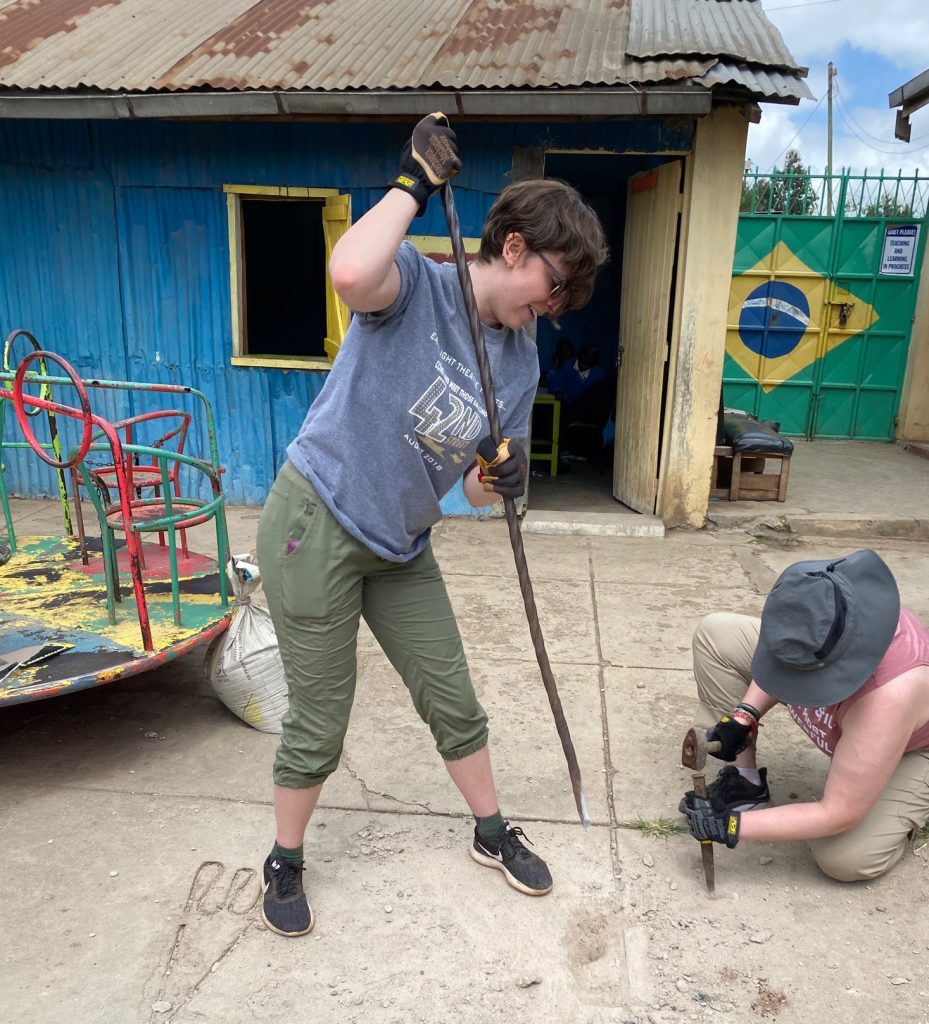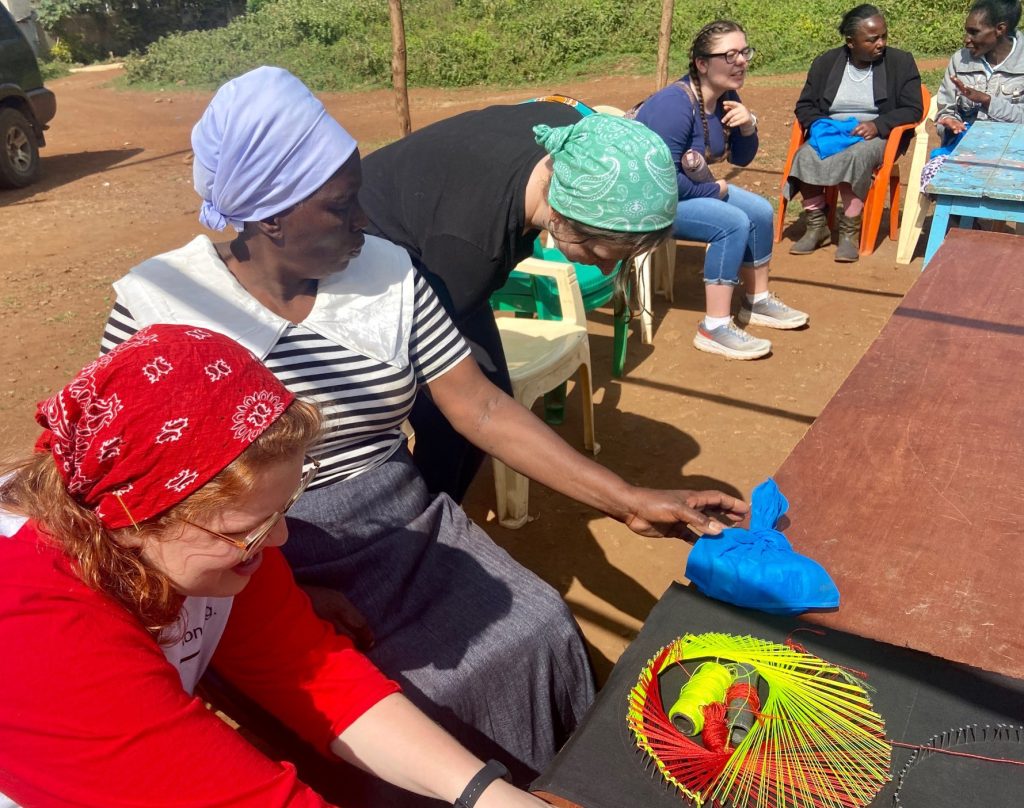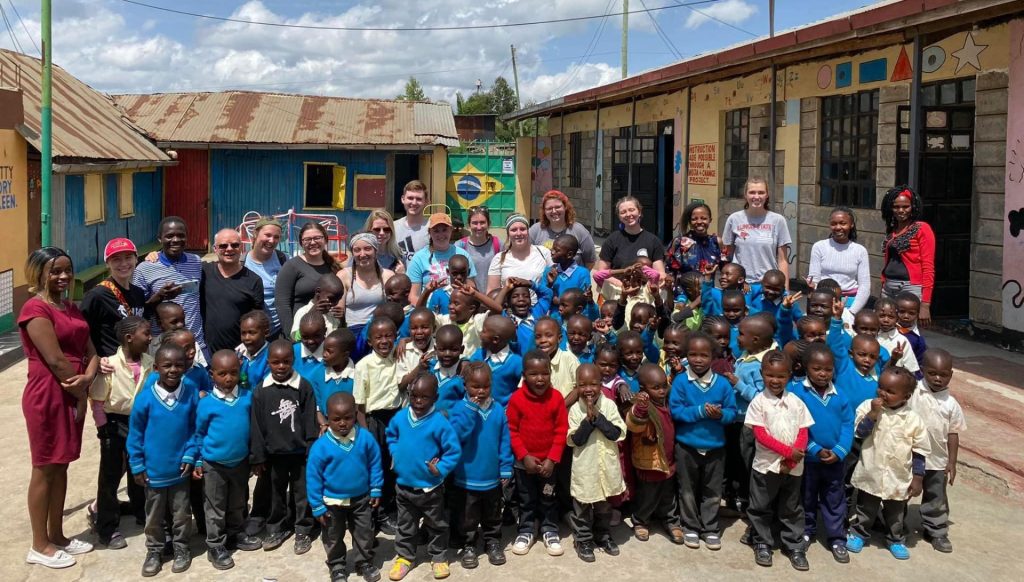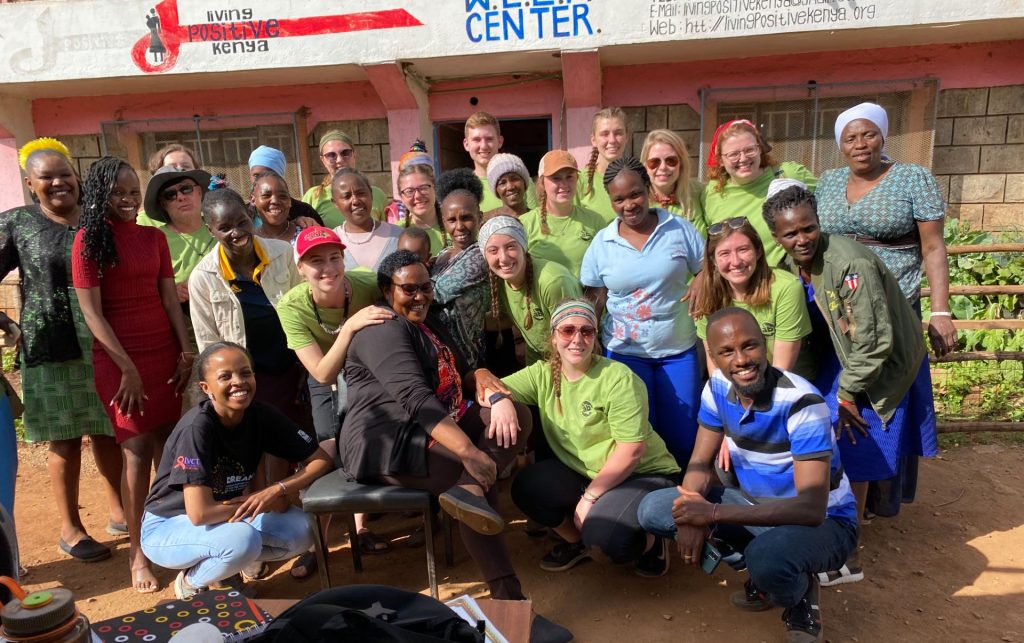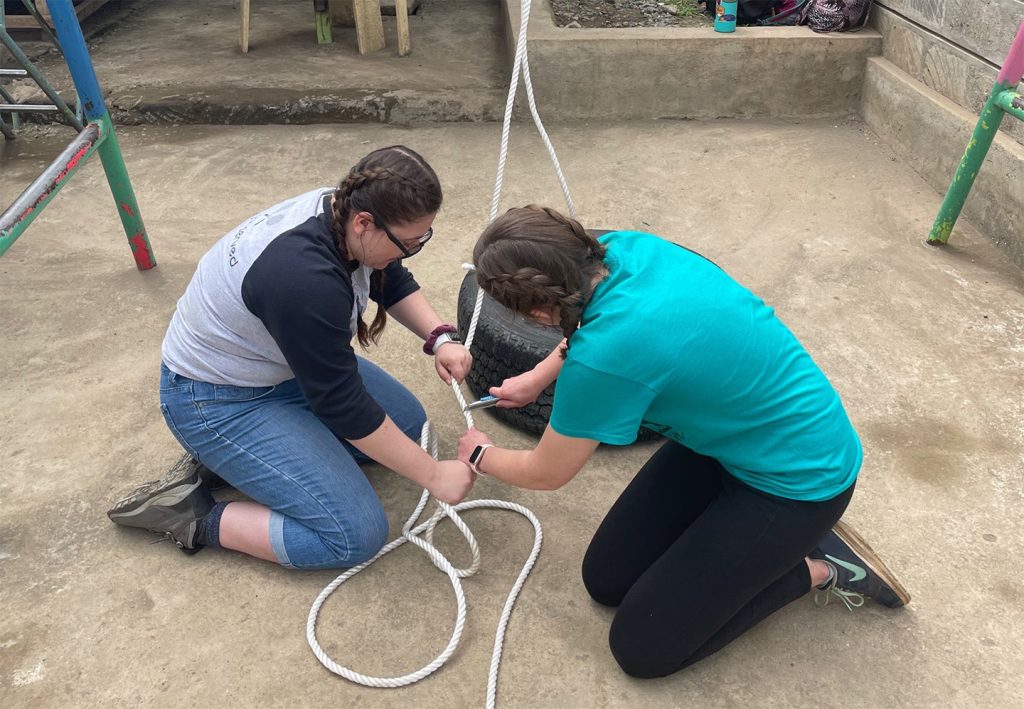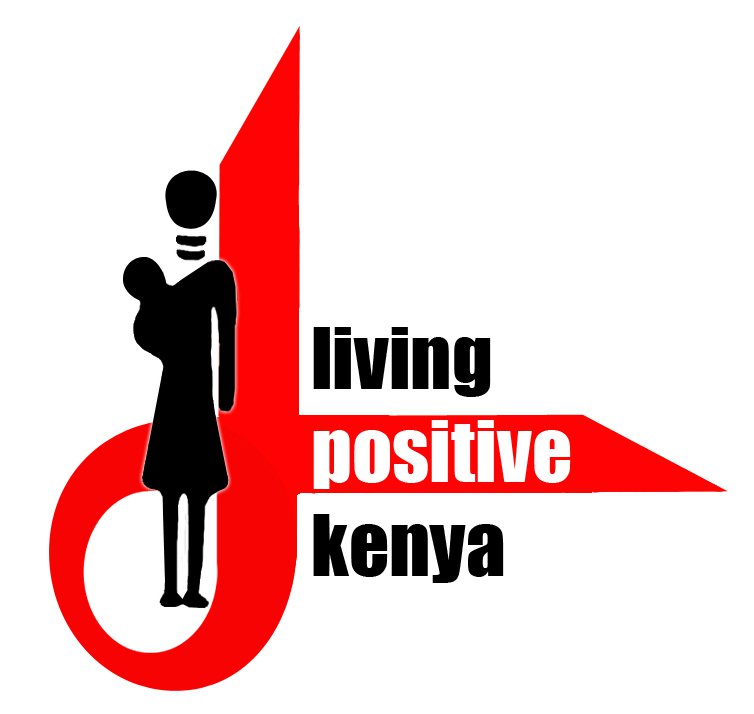More than 8,000 miles away, Illinois State University students have been making an impact.
“I can point to many things here and say, ‘Illinois State students did this. Illinois State students did that,” said Mary “Mum” Wanderi, founder of Living Positive Kenya (LPK). “It is a beautiful relationship.”
Living Positive Kenya (LPK) is a non-profit organization that provides empowerment and economic stability for women affected by and infected with HIV. For the past seven years, Illinois State students have traveled to Kenya with the Alternative Breaks program through the University’s Center for Civic Engagement. During the week, they meet the women who are part of the program, listen to their stories, and tackle a project to support the organization.
“You see how much humans can endure, and yet still be smiling and happy to see you,” said Kelly Hasselbring, a co-advisor on the spring 2022 Kenya alternative break. “I am in awe of these women, who have gone through horrific and awful experiences, and are still hopeful, resilient, and welcoming.”
According to the United Nations organizations dedicated to the HIV/AIDS epidemic, young women in sub-Sahara Africa are disproportionally impacted by HIV, both in infection rates and social standing. “The stories of physical and mental abuse for the women we met were unimaginable,” said Dr. Tom Buller, who served as co-advisor with Hasselbring. “They are literally kicked onto the streets with their children when families find out they are HIV positive. Yet no such thing happens to HIV positive men.”
Buller said he was shaken after hearing the story of one woman whose relatives set fire to her house to drive her out. “Yet even as she told us her story within the walls of her home that had no electricity, no running water, she was so remarkably brave, generous, kind, and grateful for us to hear her story,” he said.
Those who come to LPK, or who are brought in by the social work of Wanderi, begin on the road to empowerment with skills-based training, home-based care, counseling, micro-financing skills, and economic trade skills. “These women are not lacking by design,” said Wanderi. “They just have not had the opportunity. They are in the healing process, and sharing their stories is part of that.”
Sophomore Emily Drew pulled inspiration from the women. “They showed me that as long as you have strength and perseverance you can really make it through anything that life throws at you,” said Drew, a Dixon, Illinois, native who is majoring in physiology, neuroscience, and behavior. “Most of the women had lost their homes, spouses, and even their parents due to their diagnosis, and now they are thriving, independent, and empowered women.”
Illinois State students take on projects to assist LPK’s endeavors, from helping expand chicken coops for the women who organize the sale of the eggs to helping streamline the website where women sell crafts.
The important element in any project is that the student leaders center the voice of those in LPK.
“We talk a lot with our student leaders about truly listening to the community voice,” said Dr. Annie Weaver, assistant director of Co-Curricular Programs for the Center for Civic Engagement (CCE). “Oftentimes, organizations might choose projects for a community before ever setting foot there. We stress the importance of working with a community to understand their needs.”
To be there, to be immersed in the culture, to be with the people, makes you forever changed.
Dr. Tom Buller
After talking and working with the women and staff at LPK, the spring 2022 students installed a tire swing and did maintenance on the children’s playground, using tools and supplies from local merchants. “I think it’s important to not try and change the way of life of the people you are working with,” said Drew. “Instead of thinking you know what is best for them, learn their way of life and help through their methods.”
“ISU is one of the best universities I’ve worked with over the years,” said Deborah Asuncion, owner of Cultural Connections and Volunteers, who coordinates the LPK alternative break with the CCE. “There is such a diversity in terms of culture, yet everyone involved is willing to learn from each other. It is truly a cultural exchange.” Asuncion spoke of the excitement that surrounds the return of Illinois State students to Kenya. “The ladies of LPK start asking in February, ‘When are they coming? When are they coming?’ I think May is our favorite time of the year when the ISU students arrive.”
For Weaver, who served as an advisor for the trip years ago, the greatest gift is the building of long-lasting relationships. “You are assigned a ‘special friend’ when you arrive. And this can be a woman in the program or one of the staff members, though no one knows who they are until they are revealed at the end,” she said. Friends send each other messages of encouragement throughout the week. “When you learn who they are, you already have this great connection. I still keep in contact with my friend.”
Drew said she will hold onto the memories of the daily greeting from the women in the program, who would gather, singing and dancing, to welcome the students each morning. “It always felt like we were truly growing our friendships during this time,” she said.
If he had his way, Buller said all students would take part in an alternative break. “To be there, to be immersed in the culture, to be with the people, makes you forever changed,” he said. “It is a transformational experience like no other.”
Applications for alternative break journeys are available at the Center for Civic Engagement. Alternative Winter Break first-priority deadline is September 28, 2022. Find the application here. Alternative Spring Break and Alternative Summer Break applications will be open on November 1, 2022.
